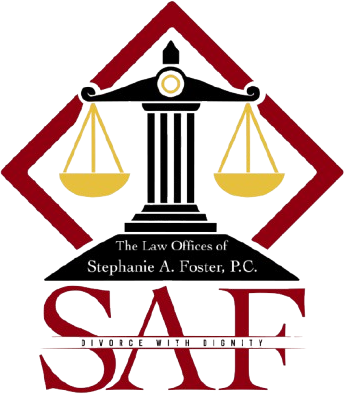Collaborative Divorce
In collaborative divorce, both parties work with their collaboratively-trained attorneys to resolve issues amicably, focusing on respect, safety, and mutual control over the outcome. This approach avoids the courtroom environment, protecting each party’s privacy while fostering open communication. Collaborative meetings occur in a private setting at a convenient time, unlike litigation, where parties face public proceedings and rigid court schedules.
Traditional Litigation
Litigated divorce often involves a more adversarial approach, where parties may feel intimidated or pressured, and personal information may be disclosed publicly in court. Traditional litigation emphasizes trial preparation over negotiation, leading to higher costs, extended timelines, and unpredictable outcomes dictated by a judge.
Key Differences Between Collaborative Divorce and Litigation
Litigation:
Parties may withhold information, legal fees are often high, and outcomes are determined by a judge, sometimes leaving one or both parties dissatisfied.
Collaborative Law:
Parties share information openly, meet in “four-way” discussions, and control expenses. Agreements are mutual, and resources are used efficiently to reach a joint resolution. If collaboration fails, litigation with new attorneys remains an option.
For more information on the collaborative law process, contact The Law Offices of Stephanie A. Foster, P.C., at 817-277-2805 to explore a respectful, practical approach to divorce.


